Understanding the Importance of Employee Development
Any thriving organization understands that investing in the growth and skills of their employees is essential for achieving excellence. When employees are given opportunities to develop their skills and knowledge, they become more engaged, motivated, and productive in their roles. They also feel valued and supported, which leads to higher job satisfaction and employee retention.
Furthermore, employee development is crucial for keeping up with the rapidly changing business landscape. In today’s competitive world, organizations need to continuously adapt and innovate to stay ahead. By providing employees with the tools and resources they need, organizations can ensure that they have a skilled workforce capable of meeting the evolving needs of the business.
Investing in Continuous Learning Initiatives
Organizations embracing lifelong learning thrive, understanding its dual benefits: promoting employee growth and fortifying organizational success. Traditionally through initiatives like online courses, workshops, and training they ensure employees stay informed of industry advancements, trends, and best practices.
Today one of the highest impact solutions for development on the market is the ability to provide employees with ongoing and live bite-sized development opportunities. This way, just like building muscle in a gym which requires regular activity, learning also happens in a way that builds ongoing brain muscle. The main difference between live bite-sized learning and traditional learning modalities is the return on investment in changed behaviors. It is important to note that bite-sized static learning that is one directional i.e., webinars or videos, do not yield anywhere close to the same results as live bi-directional learning.
Creating Group Coaching Programs
When it comes to bite-sized learning, the super power on the market is Group Coaching, which plays a big role in changing employee behaviors. Group Coaching also fosters a culture of learning and growth, promoting collaboration and cross-functional learning through shared knowledge and experiences among employees. Research shows that organizations implementing HumanQ Group Coaching programs experience a 94% increase in employee engagement and a 88% increase in job performance.
By bringing together small groups of employees, these programs provide a supportive environment for collaborative professional development, guided by qualified Coaches. Participants gain invaluable insights, feedback, and skills enhancement, addressing common challenges and fostering teamwork. Leveraging collective wisdom, these programs accelerate professional growth through unique opportunities that employee’s often feel inspired by.
Linking Manager Feedback to Employee Development
Linking manager feedback to development needs is crucial for fostering employee growth and organizational success. Regular and constructive feedback empowers employees to identify areas for improvement and align their goals with organizational objectives. This feedback loop drives performance and productivity, reducing turnover rates by 14.9% according to a study by Gallup.
Acknowledging the value of feedback nurtures open communication and ongoing learning, research from Harvard Business Review indicates that 72% of employees believe their performance would improve with more feedback. In organizations where managers grapple with providing constructive and regular feedback, Group Coaching emerges as a cornerstone resource. It not only equips managers with essential communication skills, fosters empathy, and refines coaching techniques but also positions them as accountability partners checking in with employees and providing ongoing feedback on their Group Coaching action items. This multifaceted approach enhances collaboration and creates a stronger link between the employee and their manager as it relates to performance-based feedback.
Cultivating a Culture of Continuous Learning and Growth
In essence, striving for excellence within organizations involves a multifaceted approach that prioritizes employee development and continuous learning initiatives. Recognizing the importance of investing in the growth and skills of employees is fundamental for achieving success in today’s competitive landscape.
By offering continuous learning opportunities and tailored Group Coaching programs aligned with strategic goals, organizations foster collaboration and mutual growth. Linking manager feedback to employee development strengthens this culture, promoting continuous improvement. Ultimately, these strategies cultivate an environment where employees are motivated to excel, innovate, and contribute to the organization’s success.












